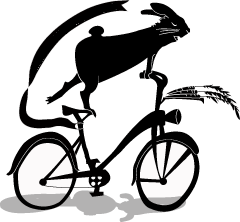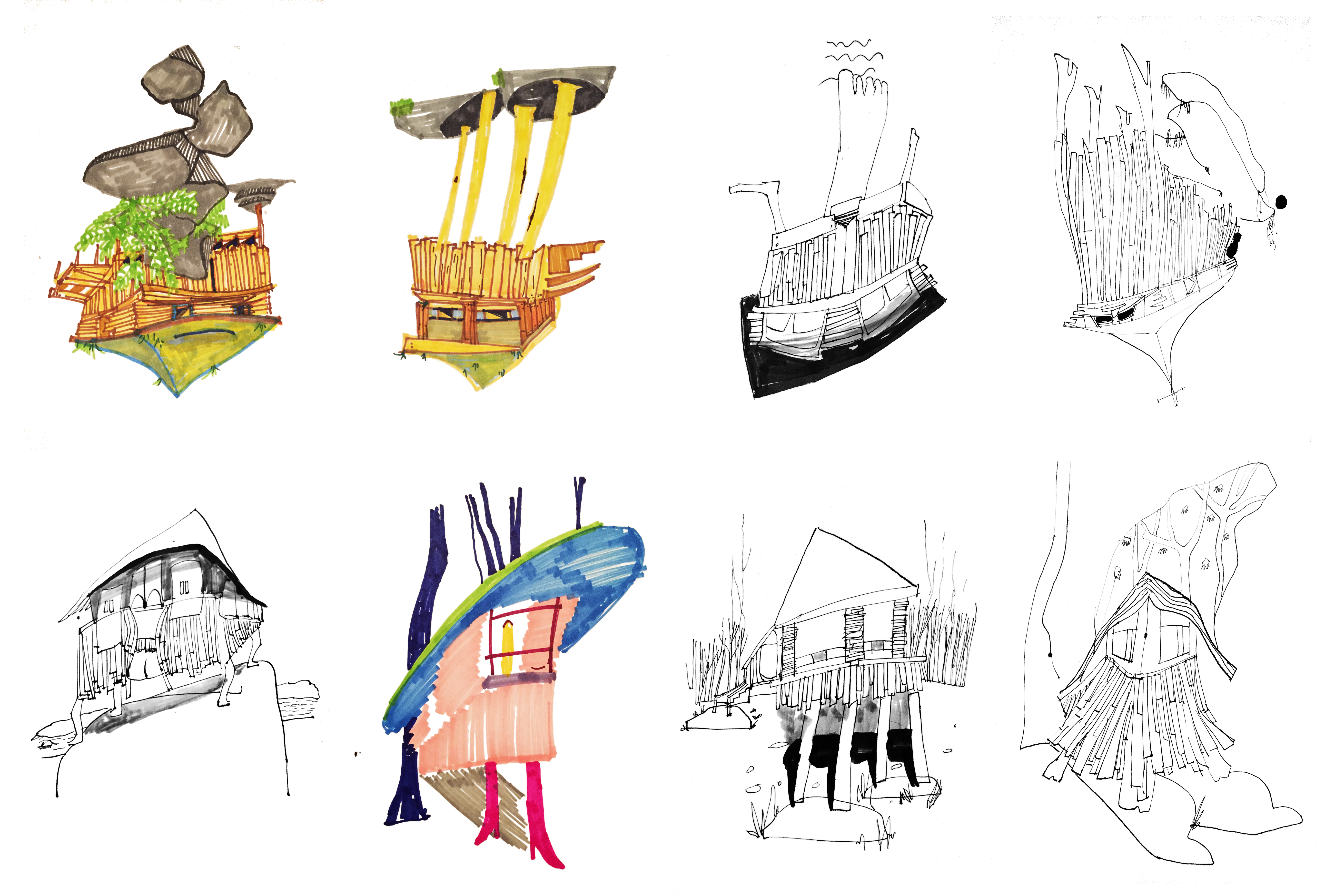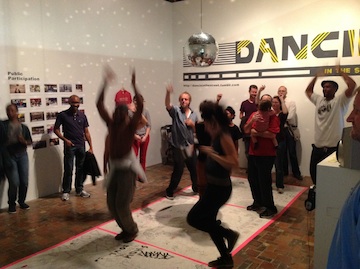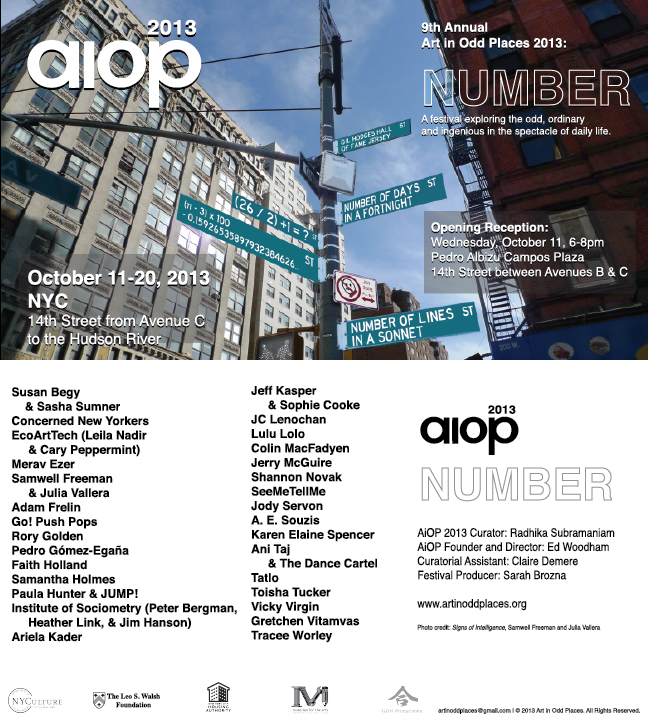Hive February meet up recap: February 20, 2014
Tapping the Hive Mind to Level up Project Ideas
Photos: https://www.flickr.com/photos/juliahivenyc/sets/72157641911744583/
- Who: Hosted by Hive Research Lab and Hive HQ. Attended by Hive NYC members.
- What: An opportunity for Hive members to help each other level up project ideas
- Where: MAGNET, 2 MetroTech Center, NYU Poly campus in Brooklyn
- When: Wednesday February 26, 2014 2:00 PM – 4:00 PM EST
- Why: Help Hive members prepare for an upcoming RFP (Request For Proposal)
What was this meet up all about?
The Hive Digital Media Learning Fund’s “grants support innovative connected learning projects” – but how do you identify what’s innovative? How do you do this within the context of your project and organization?
This meetup was designed to help Hive NYC members explore the big ideas driving their projects and get feedback from their fellow Hive members. In the first part of the meet-up, we engaged in activities to level up thinking about how we talk about our projects. In the second part, we engaged in a round robin where we “tap the Hive mind” to kick project ideas up a notch through collective feedback.
Hivers brought well-formed or new projects and ideas with them. They used this meet-up to advance their work, fine tune their thinking and work together on the impact their projects have on the community. Hive Research Lab included a special share-out on the dimensions of innovations.
Check out slides from the presentation:
Here is the agenda breakdown:
- Welcome (10 min.): Frank Mignorelli welcomed us to NYU Poly and briefly introduced us to the NYU Media and games network.
- Icebreaker (30 min.): Rafi Santo and Leah Gilliam led us through a 30 minute icebreaker based on the question of “What is innovation?”. We broke into pairs and discussed innovation cards (see below). Rafi contextualized the activity using the following 7 Dimensions of Innovations (innovations being the thing, not the process)
- Value Added – is it better than what came before it?
- Degree – how much better? radical or incremental improvement?
- Novelty – is it new or distinctive?
- Form – is it an idea? technology? pedagogical routine? program model?
- Complexity – does it require a lot of background knowledge? is it complex for some, not others?
- Origins-was it internally conceived or externally adopted, or a combination? implications for attribution/intellectual property?
- Spreadability – is it contingent on other factors, is it compatible with other things?
- Activity, Part 1 (20 min.): With the new RFP on the horizon, we revisited the Rose, Bud, Thorn design challenge for members to share their latest project description, and work on articulating it as an innovation. The assignment was to describe a new or existing project in the context of impact, what question or problem it’s solving (can be for the field, for youth, for an individual organization, etc.) and what the form of the innovation is. Everyone wrote about their project on a large piece of poster sized paper, then hung it on the wall.
- Activity, Part 2 (20 min.): Everyone walked around the room with yellow, pink and green post-it notes in hand. They used the post-it notes to comment on each others ideas. Each color post-it note symbolized what type of comment they were leaving.
- Rose – something you liked (Pink post-it note)
- Bud – something that has potential (Green post-it note)
- Thorn – critiques, things that might pose challenges, questions you have (Blue or Yellow post-it note)
- Activity, Part 3 (20 min.): Five people were asked to volunteer their project and lead a longer discussion around it. Everyone else chose one of these five projects to focus on for the duration of the meet-up. Breaking into smaller focus groups allowed members more time to ask questions and give feedback to each other.
- Wrap up (20 min.): Leah and Rafi concluded the meet up with a share out. The five break out groups summarized what they discussed and shared it with the group. Feedback was provided about the session itself. There was a consensus that having time to discuss project ideas in smaller break out groups was very helpful and it gave members a chance to get to know each other better. With this feedback Hive HQ will plan to incorporate more opportunity for members in this way.
« Hive NYC
Hive Research Lab »





